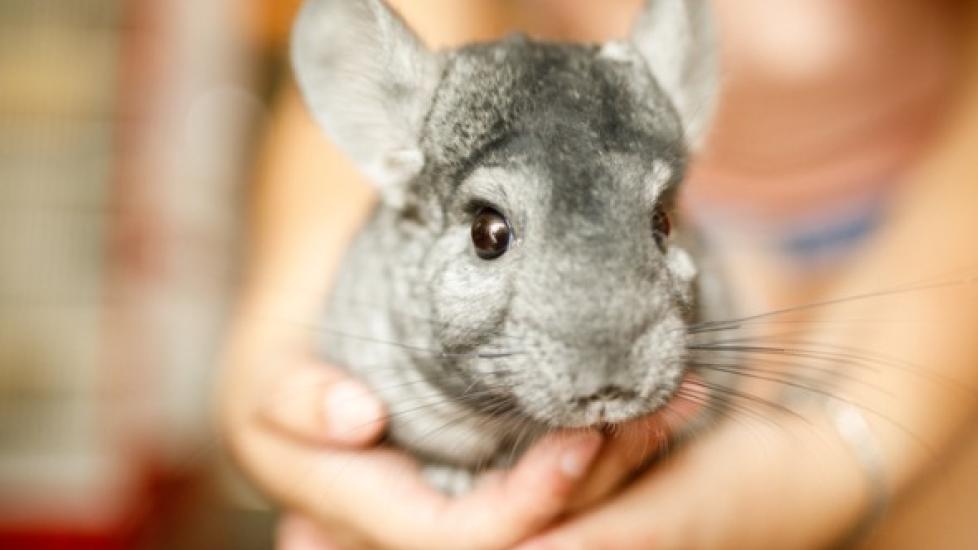Ear Injuries in Chinchillas
Ear Trauma
Ear injuries (or traumas) are common in chinchillas because of their very delicate ears. Fights with other animals or exposure to extreme hot or cold temperatures can frequently bring on these types of injuries. If the ear injury has resulted in deep cuts or wounds, proper veterinary care is needed because it can quickly lead to bacterial or viral infections.
Symptoms and Types
- Bite marks or deep cuts on its ear
- Swollen and reddened ear
- Fluid discharge excreting from affected ear area
In cases of exposure to extreme hot or cold temperatures:
- A line separating normal and damaged tissue
- Blackened or discolored ears
- Skin sheds (or sloughs)
Causes
Ear injuries in chinchillas may be due to a bite from another animal or a self-inflicted wound, or exposure to extreme temperatures. Chinchillas with delicate ears are more prone to these type of injuries.
Diagnosis
An examination of the chinchilla's ear, along with a through medical history of the animal, may help your veterinarian make a diagnosis for the cause of the ear injury.
Treatment
Closing cuts with stitches on a chinchilla's ear is generally not effective and is, therefore, not recommended. However, applying antiseptic solutions and antibiotic ointments on the affected area, in addition to dressing the wound, will help prevent infection and aid in healing. If the ear is severely damaged, your veterinarian may recommend removing the damaged portion of the animal's ear.
Living and Management
A chinchilla recovering from an ear injury requires a stress-free, hygienic environment for a quick recovery. It should also be restrained and prevented from grooming the affected area, as it will interfere with wound healing. Meanwhile, if the chinchilla has undergone ear cropping surgery, your veterinarian will provide you with a proper supportive care regimen.
Prevention
Avoid mixing chinchillas of different age groups or hostile chinchillas in the same cage. This will help prevent inter-chinchilla aggression. Also, be aware and do not leave your chinchilla in extreme temperatures for too long.
Featured image: iStock.com/Capuski
